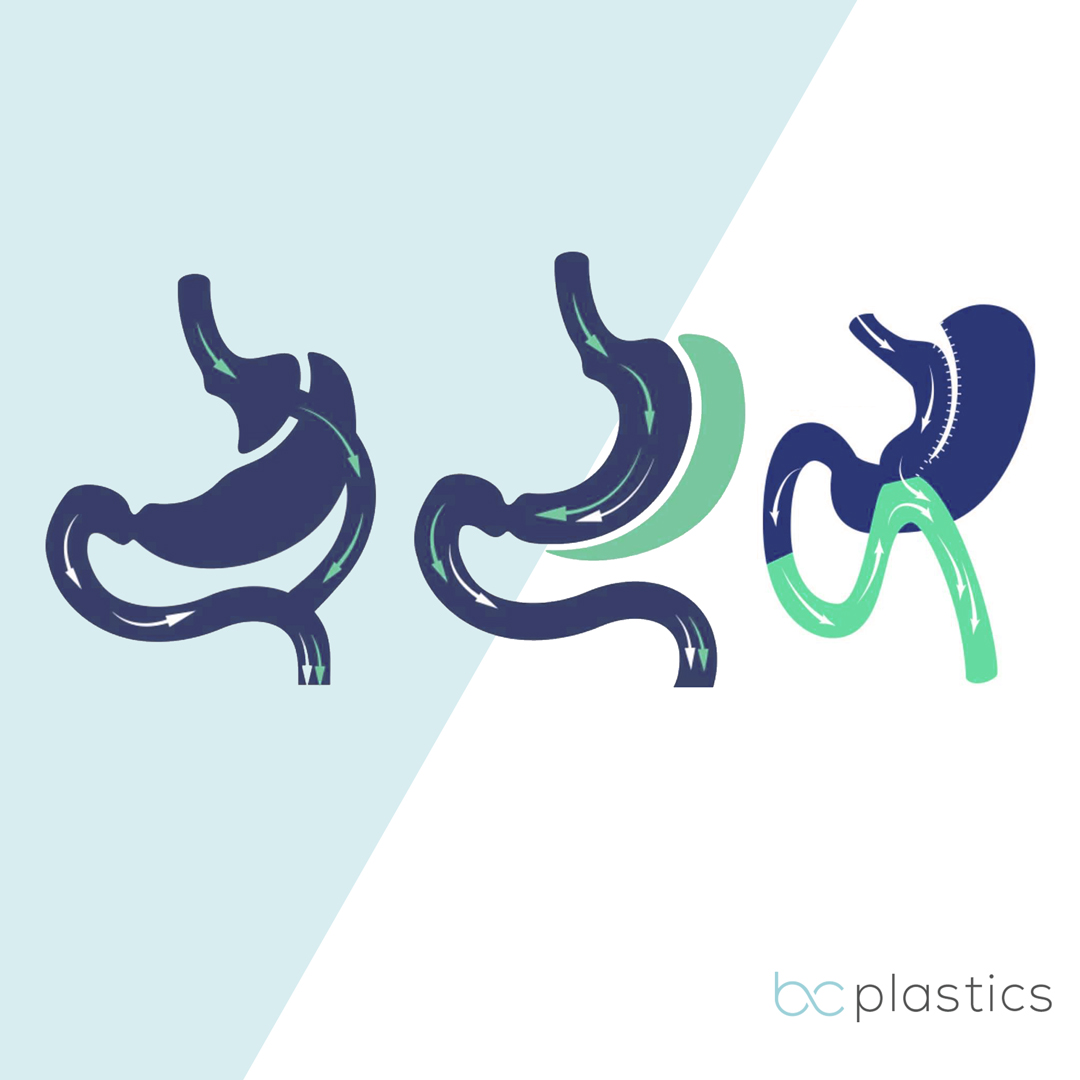Losing weight and maintaining a healthy lifestyle can be a challenging endeavor. For some, a more effective route to sustainable weight loss is through bariatric surgery. One of the most popular procedures is the Gastric Sleeve surgery. However, in certain cases, patients may require a revision from a Gastric Sleeve. This post delves into the primary options for such revisions while shedding light on what each procedure entails.
Why Revisions are Required After Gastric Sleeve Surgery
Gastric Sleeve surgery promotes weight loss by reducing the size of the stomach, thus limiting food intake and creating a feeling of fullness. However, there can be instances where weight loss plateaus, or health complications arise. In such cases, weight loss revision surgery may be necessary.
Gastric Sleeve to Gastric Bypass Revision
The Gastric Bypass is among the most common surgeries used for Gastric Sleeve revisions. This operation involves creating a small pouch from the stomach and connecting it directly to the small intestine. The Gastric Bypass helps in weight loss by simultaneously reducing the size of the stomach and decreasing nutrient absorption, thereby doubling the weight loss impact.
Gastric Sleeve to Duodenal Switch Revision
Duodenal Switch is another form of revision surgery that combines the advantages of both restrictive and malabsorptive procedures. The surgery involves removing a part of the stomach to make it smaller (like the Gastric Sleeve), then rerouting the intestine (similar to the Gastric Bypass). The Duodenal Switch can result in significant weight loss due to its combination of food restriction and decreased nutrient absorption.
Gastric Sleeve to Gastric Band Surgery
Converting a Gastric Sleeve to a Gastric Band surgery involves placing a silicon band around the upper part of the stomach. This band creates a small pouch, which slows down food consumption and creates an earlier sense of fullness. The Gastric Band is uniquely beneficial as it’s adjustable for increased or decreased restriction based on individual patient needs.
While a revision from a Gastric Sleeve may seem daunting, contemporary weight loss surgery options offer hope for continued progress on your weight loss journey. Each procedure has its unique benefits, and the choice largely depends on individual health profiles and objectives. Consulting with a professional bariatric surgeon is key to understanding and selecting the ideal revision surgery option for you.
Remember to maintain realistic expectations, have open conversations with your bariatric team, and follow proposed dietary guidelines and recommended lifestyle changes post-surgery. This way, you can make the most of your revision surgery and restart your journey towards a healthier future.












